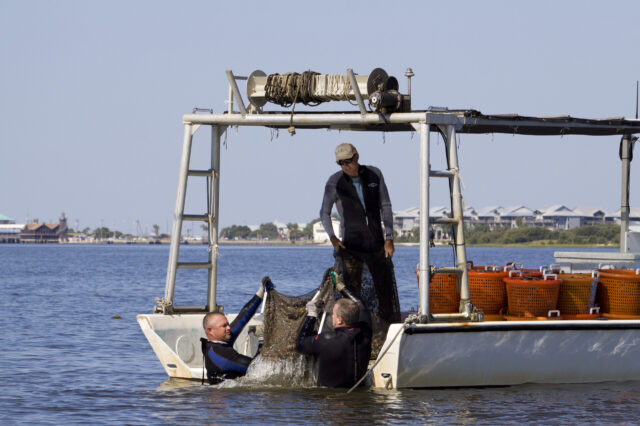Kidney Cancer – a Silent Disease
Jessica Van Leer was experiencing pain in her abdomen when she arrived at the UF Health Shands Hospital E.R. After a series of tests, the medical team had two…

Update your location to show providers, locations, and services closest to you.
Pesticides are pest-killing substances that help protect plants against molds, fungi, rodents, noxious weeds, and insects.
Pesticides help prevent crop loss and, potentially, human disease.
According to the United States Environmental Protection Agency, there are currently more than 865 registered pesticides.
Human-made pesticides are regulated by the United States Department of Agriculture. This agency determines how pesticides are applied during farming and how much pesticide residue can remain in foods sold in stores.
Exposure to pesticides can happen in the workplace, through foods that are eaten, and in the home or garden.
Pesticides and food
For those not exposed to pesticides at work, the risks of exposure from eating nonorganic foods or using pesticides around the home and garden is not clear. To date, research has not been able to prove or disprove claims that organic food is safer than food grown using pesticides.
FOOD AND PESTICIDES
To help protect yourself and your family from pesticides on nonorganic fruits and vegetables, discard the outer leaves of leafy vegetables and then rinse the vegetables well with tap water. Peel hard-skinned produce, or rinse it with lots of warm water mixed with salt and lemon juice or vinegar.
Organic growers do not use pesticides on their fruits and vegetables.
HOME SAFETY AND PESTICIDES
When using pesticides at home:
When using pesticides indoors:
When using pesticides outdoors:
To reduce the need for pesticides to eliminate rodents, flies, mosquitoes, fleas, or cockroaches in and around your home:
People who handle or are otherwise exposed to pesticides at work should carefully clean any residue from their skin and remove their clothes and shoes before entering the home or having contact with family members.
DO NOT buy illegal pesticides.

Brenner GM, Stevens CW. Toxicology and the treatment of poisoning. In: Brenner GM, Stevens CW, eds. Brenner and Stevens' Pharmacology. 5th ed. Philadelphia, PA: Elsevier; 2018:chap 5.
Heindel JJ, Zoeller RT. Endocrine-disrupting chemicals and human disease. In: Jameson JL, De Groot LJ, de Kretser DM, et al, eds. Endocrinology: Adult and Pediatric. 7th ed. Philadelphia, PA: Elsevier Saunders; 2016:chap 153.
Welker K, Thompson TM. Pesticides. In: Walls RM, Hockberger RS, Gausche-Hill M, et al, eds. Rosen's Emergency Medicine: Concepts and Clinical Practice. 9th ed. Philadelphia, PA: Elsevier; 2018:chap 157.
Jessica Van Leer was experiencing pain in her abdomen when she arrived at the UF Health Shands Hospital E.R. After a series of tests, the medical team had two…

November 29, 2016
The University of Florida has received a grant of nearly $10 million from the Centers for Disease Control and Prevention through the National Institute of…
College of Medicine, College of Public Health and Health Professions, Emerging Pathogens Institute, +3 more

Bed bugs have made a huge comeback in the U.S. since the 1990s. Today, the blood-sucking insects are found everywhere from cheap motels to mansions. One reason for the resurgence may be the federal...
Is there a food more associated with good health than apples? We’ve all heard the old saying, an apple a day … well, you know the rest. Apples are a good source of fiber and vitamin C. And studies...